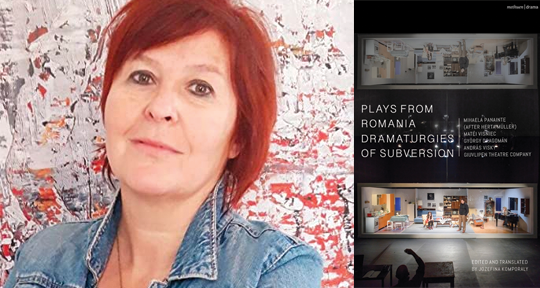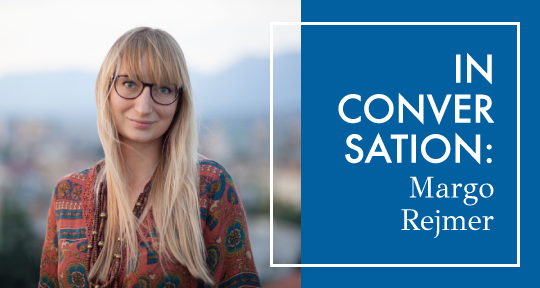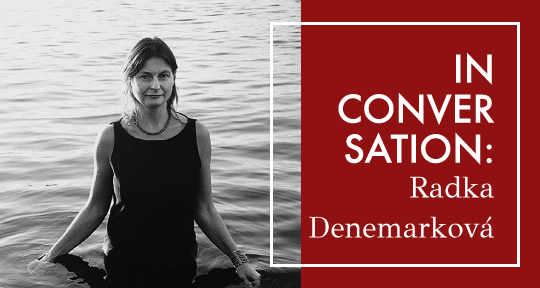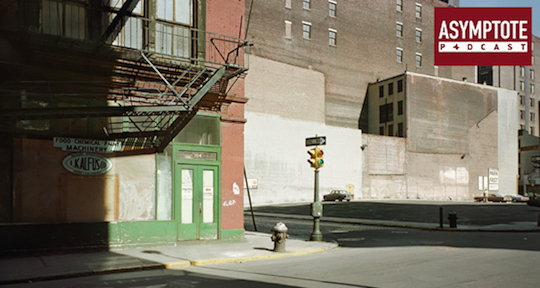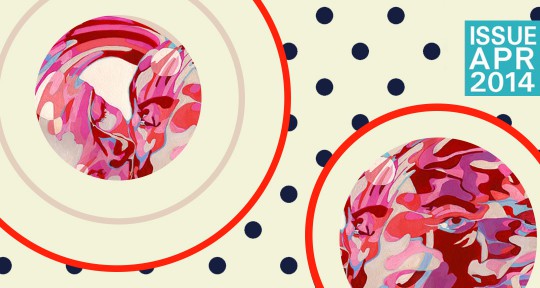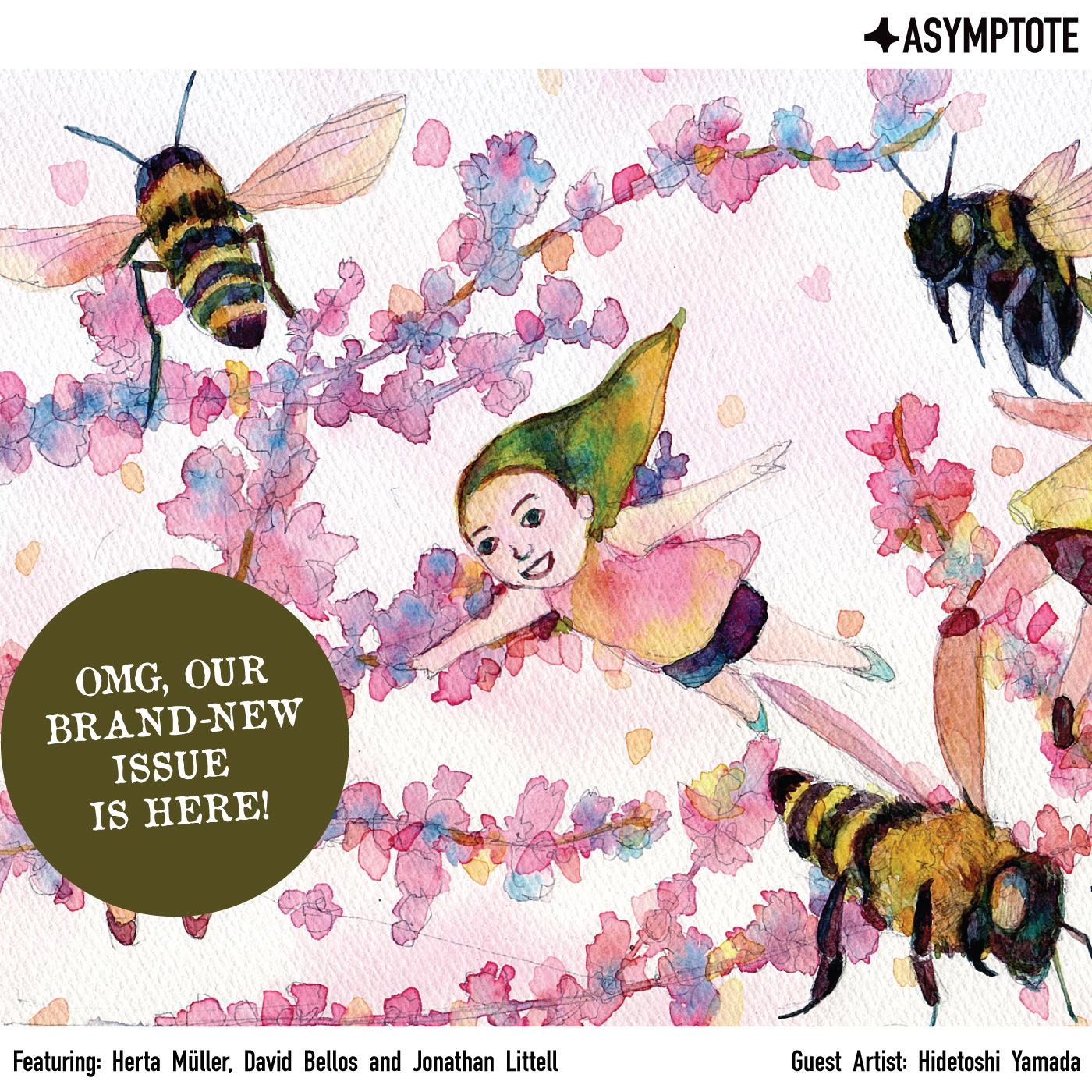This week, our editors from around the world report on new acclaimed translations from the Philippines, Hong Kong writers discussing art-marking during political restrictions on their freedom of expression, and a new publishing house in Sweden focused on investigative journalism and books translated from Swedish. Read on to find out more!
Alton Melvar M Dapanas, Editor-at-Large, reporting from the Philippines
Literary translation in the Philippines is more alive than ever. Asymptote contributor Bernard Capinpin won the 2022 PEN America’s Heim Grant for his translation of the late Edel Garcellano’s sci-fi novel Maikling Imbestigasyon ng Isang Mahabang Pangungulila (Kalikasan Press, 1990) [A Brief Investigation to a Long Melancholia]. Also, obstetrician and travel writer Alice Sun Cua’s landmark project with Sto. Niño de Cebu Publishing House “ferried” post-Spanish Civil War novelist Carmen Laforet’s Nada into Hiligaynon language.
Aimed at enhancing the Filipino “diasporic cultural footprint around the world,” the country’s National Book Development Board offers translation grants to authors and publishers of children’s literature, classical and contemporary prose, graphic literature, as well as historico-cultural works written in Philippine languages (Ilocano, Cebuano, Waray, Hiligaynon, Meranaw, Tausug, and Kinaray-a) and foreign languages (German, Spanish, French, Arabic, Japanese, and Chinese). This year, the National Commission for Culture and the Arts also conferred the Rolando S. Tinio Translator’s Prize to SEAWrite awardee Roberto T. Añonuevo for his translation of the late National Artist for Literature Cirilo F. Bautista’s phenomenological study Words and Battlefields: A Theoria on the Poem (De La Salle University Publishing House, 1998) [Mga Salita at Larangan: Isang Pagninilay sa Tula] from English.



